Influenzers in Action: COVID-19 Response II
Part Two: Celebrating the contributions of influenza researchers
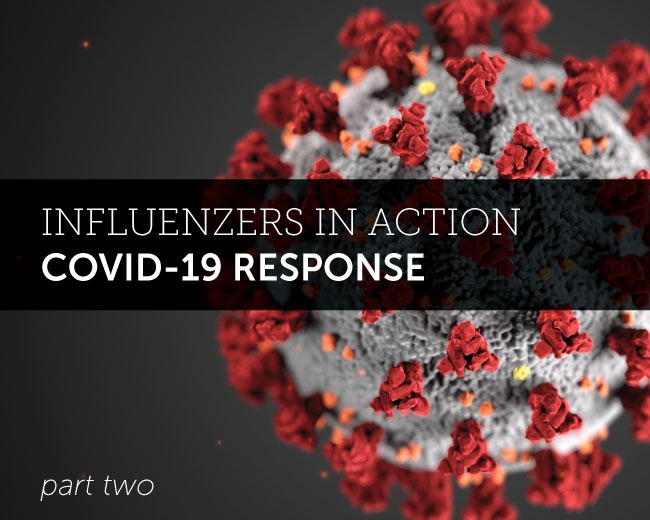
Groundbreaking Research & Information Sharing
Responding to COVID-19, many researchers and institutions across the science and technology spectrum are joining the historic campaign to fight this pandemic. In the second installation of the Influenzers in Action series, we celebrate the contributions being made by the influenza research community as they apply their vast expertise to the current global health crisis. In so doing, they are bound to reinforce and extend scientific and technical knowledge gained through their work with influenza and accelerating next-generation vaccines. Visit part one to learn how members of the Sabin-Aspen Vaccine Science & Policy Group are responding to COVID-19.
Trevor Bedford
Associate Member, Fred Hutch Cancer Research Center;
Investigator, Howard Hughes Medical Institute
Bedford’s group mines genomic data from multiple viral pathogens and presents their analyses on the open-source platform, Nextstrain, which Bedford co-developed. Nextstrain’s assessment of seasonal influenza is used by the WHO to aid in annual vaccine strain selection, and its tracking of the coronavirus revealed its silent community spread on two coasts. Such crucial information allows health officials to determine whether new cases are arriving in their countries through international travel, or being transmitted locally, leading to effective decision-making.
In 2019, Dr. Bedford attended the Sabin-Wellcome Call to Action for accelerating universal influenza vaccine development. Find more on the discussion in our recap.
Related:
- A Covid-19 Detective Tracks Disease Trail With Genetic Clues
- Coronavirus sleuth outlines his ‘Apollo program’ for bringing down the pandemic
- Tracking a pandemic: Q&A with a COVID-19 detective
- Software and genetic sequencing track the coronavirus’s path
- Mutations map holds the key to bringing coronavirus under control
- The coronavirus Is mutating. What does that mean for a vaccine?
- COVID-19: What our scientists are saying
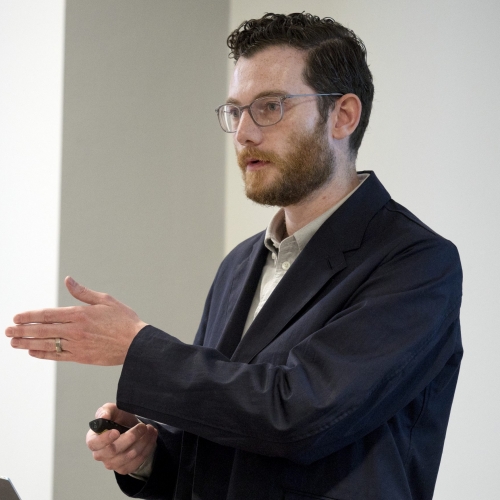
Sarah Gilbert
Professor of Vaccinology, Jenner Institute & Nuffield Department of Clinical Medicine, Oxford University,
Gilbert and a team of Oxford researchers quickly engineered a vaccine candidate for COVID-19 based on a promising vaccine they’d developed for its close relative, MERS, which was already in human trials. The team won a $2.7 million grant from the UK government to advance clinical trials on the COVID-19 vaccine, expected to begin in April. Gilbert’s group at the Jenner Institute has applied multiple vaccine technologies—including the adenovirus platform used in the MERS and COVID-19 candidates—in their quest to develop next-generation influenza vaccines. Learn more about Dr. Gilbert’s efforts towards a universal influenza vaccine in our latest video.
Related:
- COVID-19 Oxford Vaccine Trial- Official Website
- In race for a coronavirus vaccine, an Oxford group leaps ahead
- Sarah Gilbert: carving a path towards a COVID-19 vaccine
- Coronavirus vaccine: when will we have one?
- WHO: Public statement for collaboration on COVID-19 vaccine development
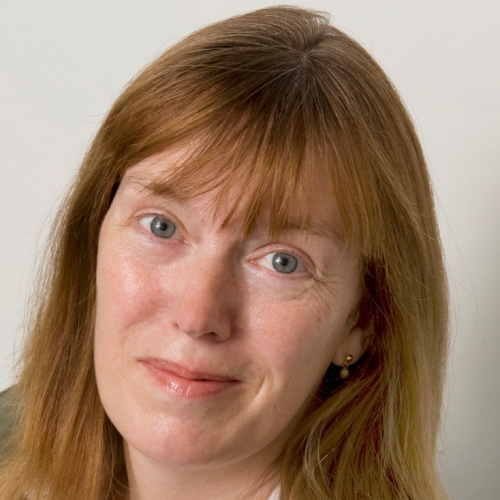
Jonathan Heeney
Professor of Comparative Pathology, University of Cambridge;
CEO at DIOSynVax Ltd.
Applying a game-changing strategy they devised to speed development of safe, broadly protective vaccines for influenza and hemorrhagic fevers, Heeney’s team is designing laser-targeted DNA vaccine candidates to protect against multiple strains of coronaviruses, including the agent of COVID-19.
Learn more about Dr. Heeney’s efforts towards a universal influenza vaccine in our latest video.
Related:
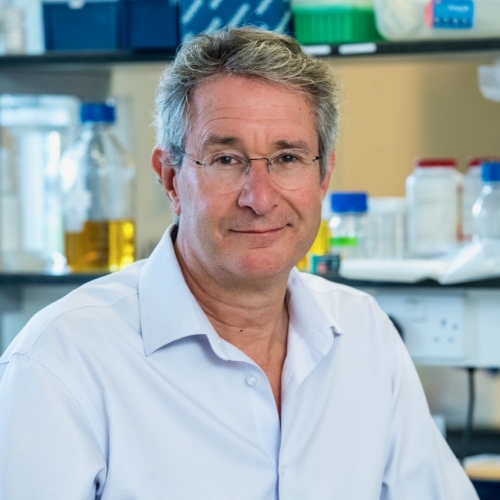
Yoshihiro Kawaoka
Professor, Department of Pathobiological Sciences,
University of Tokyo & University of Wisconsin at Madison
Kawaoka’s expertise in influenza now supports a multi-pronged effort to address COVID-19: investigating how SARS-CoV-2 made its way from bats to humans; exploring coronavirus symptoms at the cellular level; and, adapting a promising flu vaccine platform his team developed to do double duty against SARS-CoV-2 and influenza. The novel vaccine candidate, CoroFlu, is based on research by Kawaoka and his University of Wisconsin colleague Gabrielle Neumann, and is being developed by FluGen, the company they co-founded to pursue a universal influenza vaccine.
Learn more about Dr. Kawaoka’s efforts towards a universal influenza vaccine in our latest video.
Related:
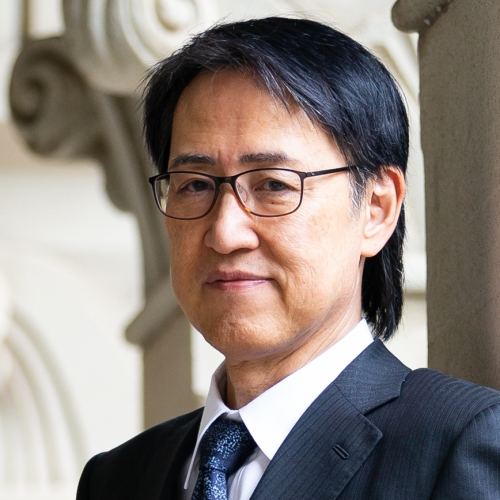
Neil King
Assistant Professor, Institute for Protein Design,
University of Washington
COVID-19 has rendered urgent the acceleration of vaccine development and production long advocated by public health, and at the same time, points up the value of vaccines capable of protecting against entire classes of viruses: an as-yet unrealized defense against influenza, as well as for coronavirus diseases including SARS and MERS. King’s research exploits a range of technological advances in the quest for next-generation, universal vaccines against both influenza viruses and coronaviruses.
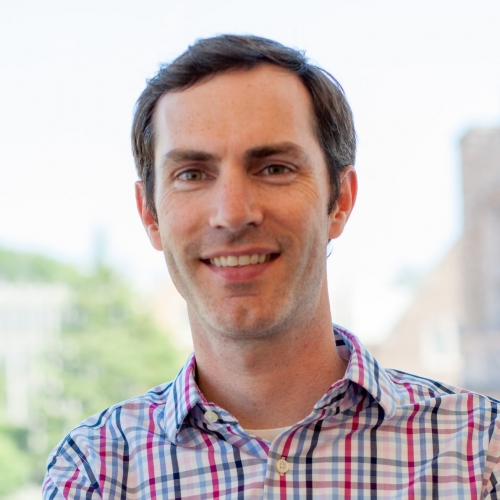
Florian Krammer
Professor of Microbiology,
Icahn School of Medicine at Mount Sinai
Krammer’s lab rapidly developed and shared a protocol for a blood test that can both identify people who’ve had silent coronavirus infections and gauge the level of immunity among COVID-19 survivors—important because their antibodies may help others fight their infections. This work drew on Krammer’s expertise in virus-antibody interactions, most of which is focused on influenza and other RNA viruses and directed toward developing novel vaccines and therapeutics. Learn more about Dr. Krammer’s efforts towards a universal influenza vaccine in our latest video.
Related:
- A serological assay to detect SARS-CoV-2 seroconversion in humans
- Humoral immune response and prolonged PCR positivity in a cohort of 1343 SARS-CoV 2 patients in the New York City region
- After Recovery From the Coronavirus, Most People Carry Antibodies
- CNN Interview: Florian Krammer, PhD, Discusses Antibodies, Immunity, and COVID-19
- New blood tests for antibodies could show true scale of coronavirus pandemic
- Mount Sinai’s blood test to detect antibodies to COVID-19 receives emergency use authorization from U.S. Food and Drug Administration
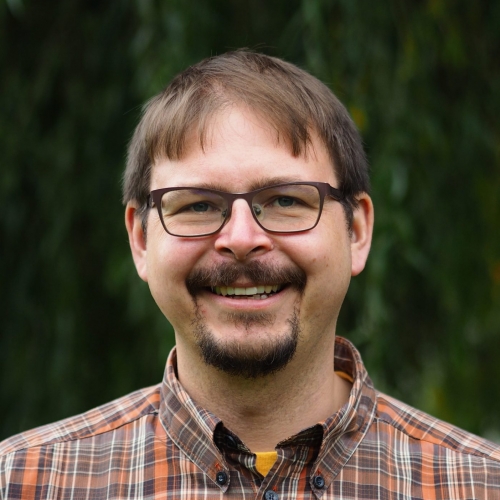
Sebastian Maurer-Stroh
Deputy Executive Director (Research) for the Bioinformatics Institute,
Agency for Science, Technology and Research (A*STAR) Singapore
A versatile player in diverse collaborative studies, Maurer-Stroh devised FluSurver, a research tool that enables researchers anywhere to rapidly screen influenza sequences for mutations of clinical or epidemiological importance. They quickly devised a similar tool for coronaviruses, the CoVsurver, directly linked to GISAID. Maurer-Stroh’s genetic and evolutionary analysis of SARS-CoV-2 contributed to the development of a quick, accurate diagnostic for the virus used locally in Singapore, as well as other countries. Meanwhile, the team is attempting to create a rapid point-of-care version of their diagnostic kit, and also to enable it simultaneously to detect influenza viruses. Maurer-Stroh and his team support GISAID, the platform with a fair sharing mechanism that enables researchers around the globe to share and access the latest coronavirus outbreak sequences in real-time. Learn more about Dr. Maurer-Stroh’s efforts towards a universal influenza vaccine in our latest video.
Related:
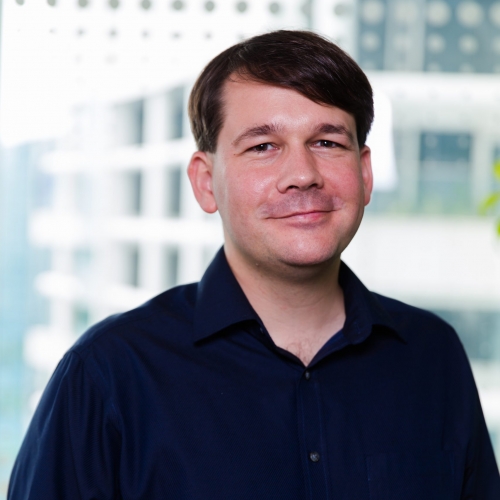
Xavier Saelens
Professor of Biochemistry & Microbiology,
Group Leader for VIB Medical Biotechnology Center, Ghent University
Saelens and colleagues at UGent and VIB discovered an antibody lead now being developed to prevent or treat COVID-19 infections, in cooperation with researchers in the US and Germany. The Saelens lab is using the same antibody-based approach, which may hold particular promise for elderly patients and exposed healthcare workers, to create therapeutics for influenza. They’re also pursuing multiple designs for cross-protective influenza vaccines and were among the first to propose a universal influenza A vaccine (UIV) candidate. Learn more about Dr. Saelens’s UIV efforts in our latest video.
Related:
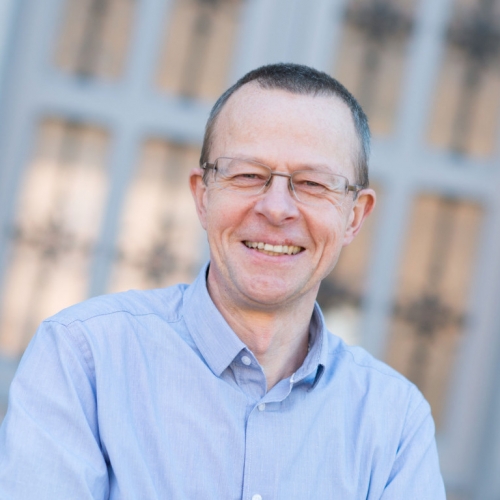
Kanta Subbarao
Director,
WHO Collaborating Centre for Reference and Research on Influenza
Subbarao’s extensive research on emerging viral diseases—most notably on both influenza and SARS—informs her advocacy for a UIV. Recently her knowledge of SARS frequently has been tapped in efforts to understand and mitigate the effects of the closely-related viral agent of COVID-19.
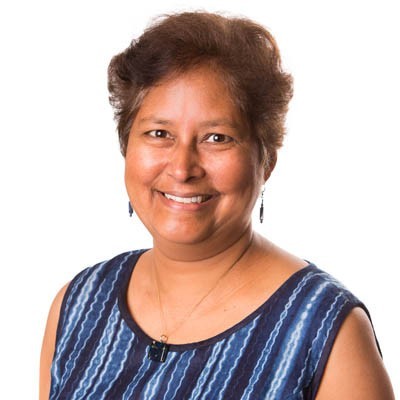
David Topham
Professor, Department of Microbiology & Immunology,
University of Rochester Medical Center
Topham’s lab investigates mechanisms of immune protection against influenza and other respiratory viruses. In particular, they explore the capacity of T- and B-cells to generate long-lasting immunity against diverse influenza viruses in response to infection and vaccination: studies that lay the immunological groundwork for a UIV. Responding to the pandemic, Topham’s group is reconfiguring an existing influenza study to examine relationships between genomic variation in COVID-19 viruses and immune responses of infected people. The New York Influenza Center of Excellence, which Topham directs, is a site for the NIH-sponsored clinical trial of the antiviral drug remdesivir, which has shown promise in animals for treating SARS and MERS. Another Influenza Center study will assess the possibility that some age groups have pre-existing immunity to the COVID-19 virus.
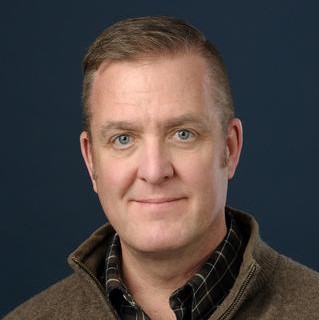
Alex Shalek
Associate Professor at MIT and Core Member of the Institute for Medical Engineering and Science (IMES)
The Shalek lab employs and creates novel technologies to study infectious diseases, including influenza and HIV/AIDS, at the cellular level. As collaborators in the global Human Cell Atlas project, they are probing detailed data on cell populations targeted by SARS-CoV-2 to reveal the molecular dynamics of infection, gain understanding of disease processes, and identify clues to intervention and prevention—such as a recent finding suggesting that coronaviruses subvert cellular disease defenses to actually increase infection rates in neighboring cells. Shalek and coworkers are also conducting a comparative investigation of SARS-CoV and influenza infections in pediatric patients, one of five projects recently funded by the Chan-Zuckerberg Initiative to study the progression of COVID-19 at the cellular and tissue level.
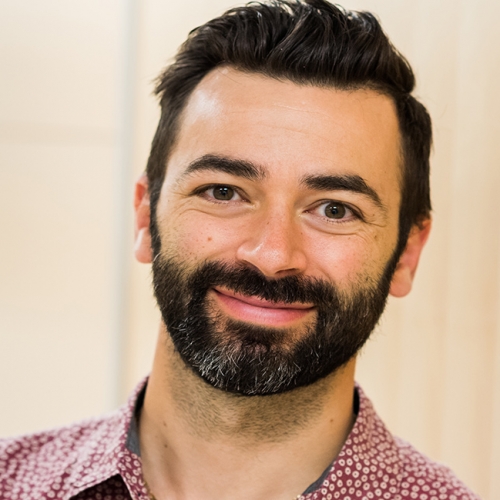
More from the Influenza Research Community
Collaborative Convergence: Influenza Innovation
The pathway toward a universal influenza vaccine is being laid by creative thinkers and the latest scientific and technological developments. Featuring Sarah Gilbert, Jonathan Heeney, Yoshihiro Kawaoka, Florian Krammer, Sebastian Maurer-Stroh, Xavier Saelens, and more.
